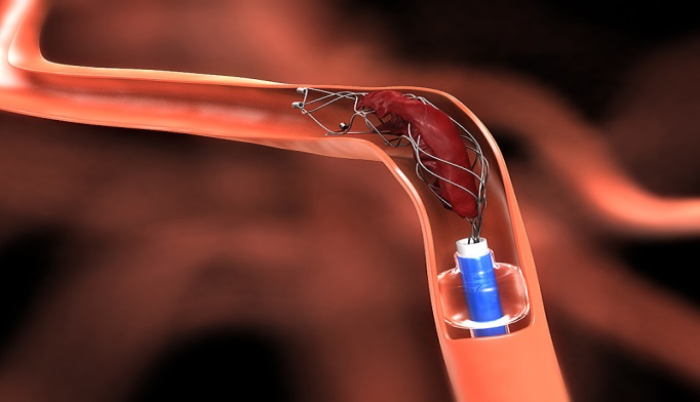Hot Flash Medication Faces Scrutiny Over Potential Liver Complications
The U.S. Food and Drug Administration (FDA) has recently issued its most severe warning—a black-box warning—for Veozah, a medication designed to alleviate hot flashes in menopausal women. This warning comes in response to rare but potentially serious liver risks associated with the drug.
In a communication released on December 17, the FDA advised that women taking Veozah should undergo regular blood tests to monitor their liver health. The agency highlighted several warning signs of liver injury, including fatigue, nausea, vomiting, dark urine, light-colored stool, or yellowing of the skin or eyes. Patients experiencing these symptoms are urged to discontinue the medication immediately and seek medical advice.
Astellas Pharma, the manufacturer of Veozah, stated that while the overall benefit-risk profile of the drug remains positive, they aim to ensure that both patients and healthcare providers are fully aware of potential side effects and the recommended laboratory testing.
Veozah, approved in 2023, was the first non-hormonal prescription option for treating hot flashes. The medication works by inhibiting neurokinin B, a receptor involved in the brain’s temperature regulation. Since its approval, the drug has gained popularity, with nearly 29,000 prescriptions filled in May 2024 alone, according to FDA data.
The FDA’s decision to issue a heightened warning stems from a recent case where a patient developed elevated liver markers after taking Veozah for approximately 40 days. The patient’s symptoms resolved, and liver function normalized after discontinuing the medication.
To mitigate risks, the FDA now recommends monthly blood tests for liver markers during the first three months of Veozah treatment, with follow-up tests at months six and nine. The agency emphasized that predicting who might develop liver issues is challenging due to variations in individual health, genetics, and other factors.
Commentary by YourDailyFit columnist Alice Winters:

The FDA’s black-box warning for Veozah marks a significant development in the field of menopause treatment, highlighting the delicate balance between innovative therapies and patient safety. As a non-hormonal option for managing hot flashes, Veozah represented a breakthrough for women seeking alternatives to traditional hormone replacement therapy. However, this recent warning underscores the importance of rigorous post-market surveillance and the need for ongoing evaluation of drug safety profiles.
The mechanism of action of Veozah, targeting the neurokinin B receptor, is a novel approach in menopause symptom management. This non-hormonal pathway offers potential benefits for women who cannot or choose not to use hormone-based treatments. However, the emergence of liver-related concerns raises questions about the long-term safety and suitability of this approach for all patients.
The FDA’s recommendation for regular liver function monitoring is a prudent step in risk management. However, it also imposes an additional burden on patients and healthcare providers, potentially affecting the drug’s convenience and cost-effectiveness. This situation highlights the ongoing challenge in pharmacovigilance: balancing the benefits of new treatments against unforeseen risks that may only become apparent with widespread use.
The case report that prompted this warning is a reminder of the limitations of clinical trials in detecting rare adverse events. It underscores the critical role of post-marketing surveillance and the importance of prompt reporting of adverse events by healthcare professionals and patients alike.
From a market perspective, this warning may impact Veozah’s adoption rate and could potentially shift the landscape of menopause treatment options. It may prompt renewed interest in alternative therapies, both pharmaceutical and non-pharmaceutical, for managing menopausal symptoms.
In conclusion, while Veozah continues to offer a valuable treatment option for menopausal women, this warning serves as a crucial reminder of the complexities involved in drug development and the ongoing need for vigilance in monitoring drug safety. It also emphasizes the importance of personalized medicine approaches, considering individual patient factors in treatment decisions for menopause symptom management.



